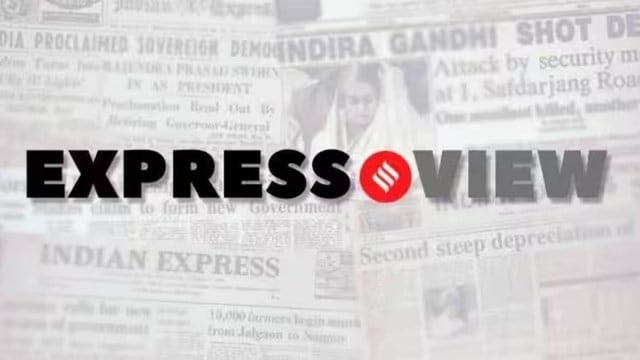
The deadly car blast outside the Red Fort Metro Station Monday evening shatters a prolonged lull. Delhi’s last brush with terror was the bombing outside the High Court 14 years ago, which followed a spate of attacks that had begun at the turn of the century. Monday’s death toll has risen to 13, with several undergoing treatment for serious injuries. The blast came just hours after Jammu and Kashmir Police recovered over 350 kg of suspected ammonium nitrate from the Faridabad residence of a doctor as part of an operation that unearthed nearly 3,000 kg of explosives, busting what officials have described as “an inter-state and transnational terror module” allegedly linked to the Jaish-e-Mohammad and Ansar Ghazwat-ul-Hind. The seizure and the nature of the blast point to evidence that security agencies may have foiled what appears to have been a much larger plot to stage a bigger attack. Several questions remain unanswered and a thorough, time-bound probe must deliver the answers, which can help plug the security gaps and also enforce accountability. In this, the ongoing coordination between the Delhi Police, Jammu and Kashmir Police, Intelligence Bureau and National Investigation Agency — the NIA is now reportedly leading the probe — will be much needed.
The blast outside the Red Fort comes when the wounds of the Pahalgam terror attack nearly seven months ago have still not faded. The recent operation in J&K suggests that the JeM module has expanded beyond Kashmir, and made new inroads on the back of a white-collar terror network. It is clear that terrorism and its ever-shifting footprint remains a persistent challenge to India’s growth story. Incidents like these threaten the safety and confidence that are essential for a nation that sets itself increasingly ambitious goals as it turns its face to the future.